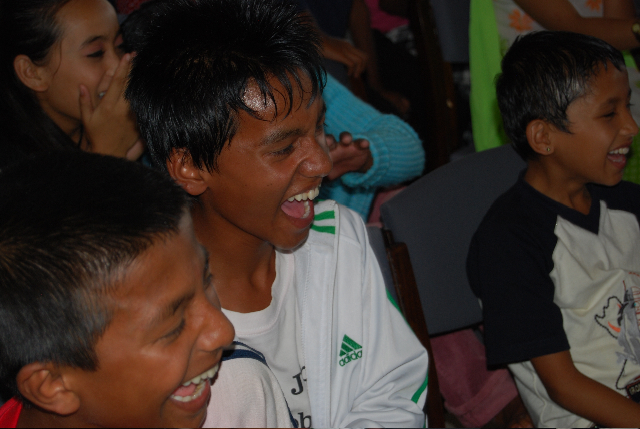Those that fail to learn from history, are doomed to repeat it. – Winston Churchill
It is a common tendency to look back at the good old days with nostalgia, thinking “those people really had it right.” I actually think this is better than looking back with condescending criticalness of people or eras that we don’t fully understand. But there is also value, if handled gracefully, to look back at the good old days and see where people may have gone off course. We don’t do this to blame or put ourselves above them, on the contrary, we need to be honest with the past mainly because we are more like them today than we are different from them. We look back with a wondering eye not out of pride, saying “look how much smarter we are,” but instead we look back saying, “I know that I/we are more like people of antiquity than we are different from them, so maybe I can learn something from where they missed the mark or veered off course.”
Human nature will not change. In any future great national trial, compared with the men of this, we shall have as weak and as strong, as silly and as wise, as bad and as good. Let us therefore study the incidents in this as philosophy to learn wisdom from and none of them as wrongs to be avenged. – Abraham Lincoln

Student ministry in Asia



